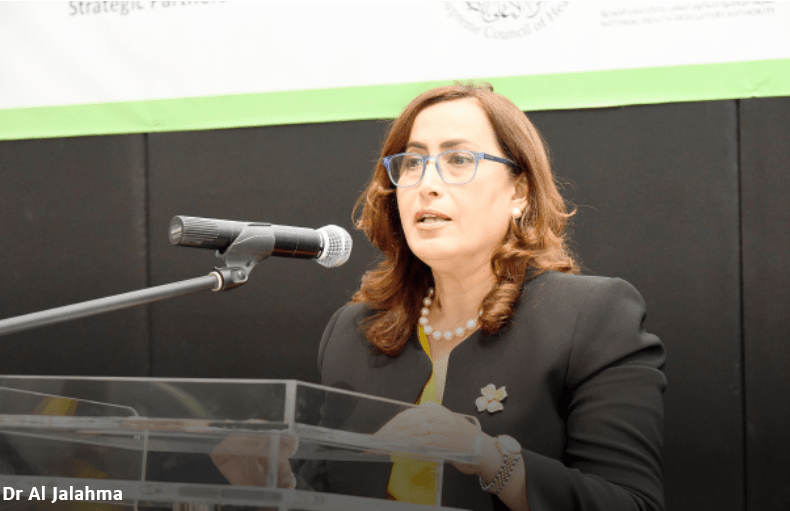
Originally published by Gulf Daily News 2019
BAHRAIN’s plans to establish a stem cell bank are expected to advance medical trials and the adoption of new treatments across the GCC.
The country’s National Health Regulatory Authority (NHRA) is working on the project in co-ordination with Indian investors.
NHRA chief executive Dr Mariam Al Jalahma told the GDN the facility would store umbilical cord blood, which could later be used to harvest stem cells to repair diseased, dysfunctional or injured body tissue.
She said the concept, now awaiting final approval from the Supreme Council for Health (SCH), would be unique in Bahrain and the wider Gulf.
“A stem cell bank is a place where we will save the (umbilical) cord blood of babies for future medical uses, if any,” said Dr Al Jalahma.
“They can keep them (stem cells) and in future, when there is a need, they can manipulate or programme them to become an organ.
“This is going to be a unique project for Bahrain and the GCC, which will be useful for clinical trials and future developments.
“The project has been proposed to the NHRA and we are waiting for investors to allocate land.”
She said the NHRA was awaiting further information on policies to be adopted for the stem cell bank, although she said it would have to follow international guidelines.
Stem cell treatment is currently unavailable in Bahrain and authorities are yet to draw up full regulations governing its implementation.
“The only regulation approved by the SCH is to conduct clinical trials on stem cells, provided those stem cells are taken from the body of the patient himself – and are not donated from another person,” explained Dr Al Jalahma.
Stem cell therapy is described as the “next chapter in organ transplantation” by the world-renowned Mayo Clinic, an American non-profit medical centre based in Minnesota.
Instead of donor organs, cells are grown in a lab and manipulated into specific types of cells – such as heart muscle cells, blood cells or nerve cells.
These specialised cells can then be implanted into a patient and contribute to repairing a defective organ.
The treatment has so far been used to fight some types of cancer and blood-related diseases, such as leukaemia, lymphoma, neuroblastoma and multiple myeloma.
Researchers are now studying their ability to treat other conditions, including degenerative diseases like heart failure.
However, Dr Al Jalahma said it was still too early to determine how successful stem cell treatments could be.
“There are lots of treatments that claim to treat diseases with stem cells, but none have proved it at clinical trial,” she said.
“There are a lot of issues going on in the US regarding false claims about treatments with stem cells, such as abdominal fat taken and centrifuged to extract a few cells that are injected into the knee to treat osteoarthritis, which is absolutely not true.”
That is why Bahrain has so far held back on sanctioning such treatments here.
“The SCH did not approve the introduction of those treatments in Bahrain,” said Dr Al Jalahma.
“It only approved its use in clinical trials.”
Investment
In addition to the stem cell bank, Bahrain is also expecting other specialised medical facilities to commence operations in the near future.
Dr Al Jalahma revealed that procedures to set up three factories manufacturing medical syringes, drugs and capsules were ongoing.
She explained the projects previously stalled over investment issues, but had since resumed.
The developments are in line with the NHRA’s goal of encouraging investment in speciality medicine initiatives.
© Gulf Daily News 2019



